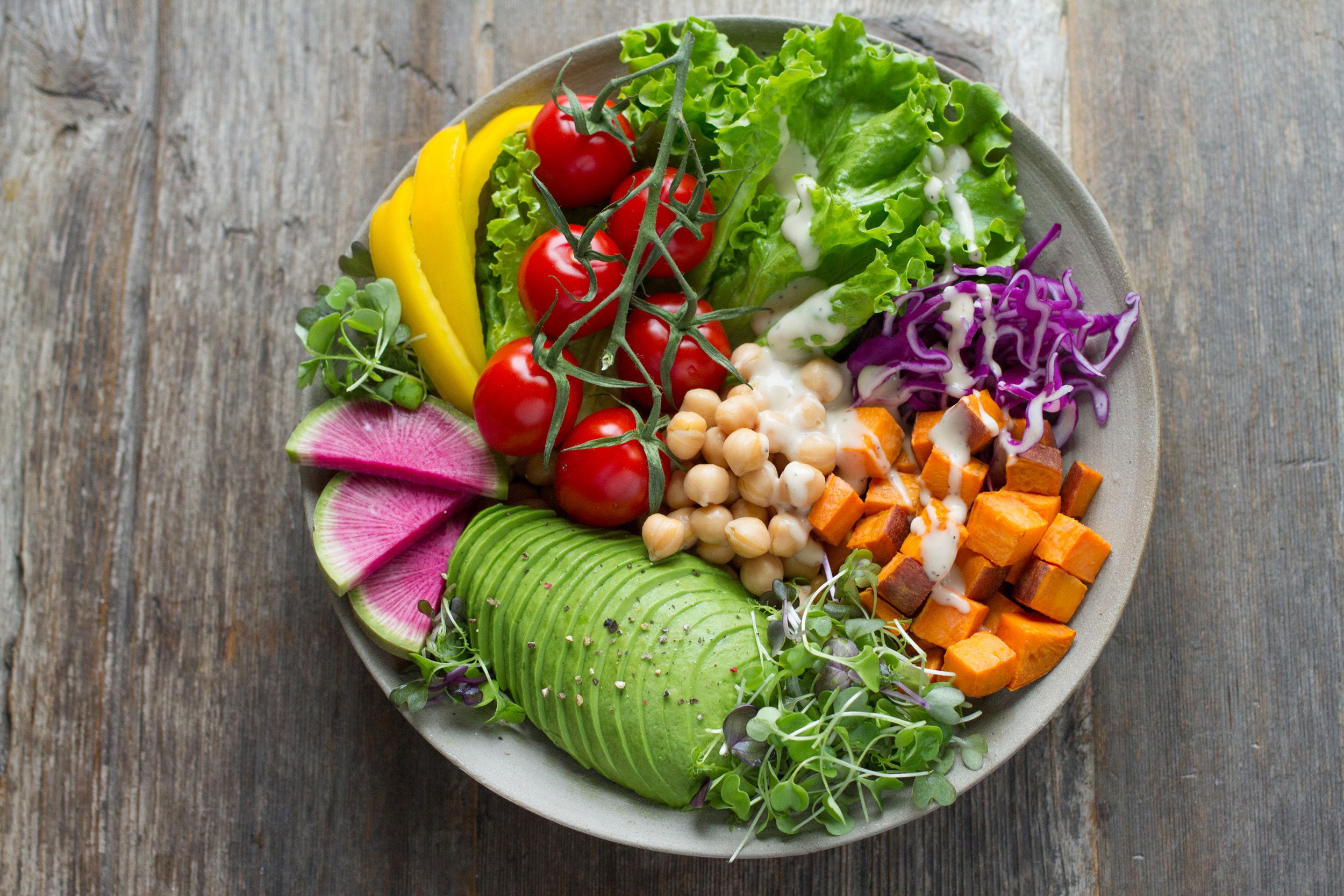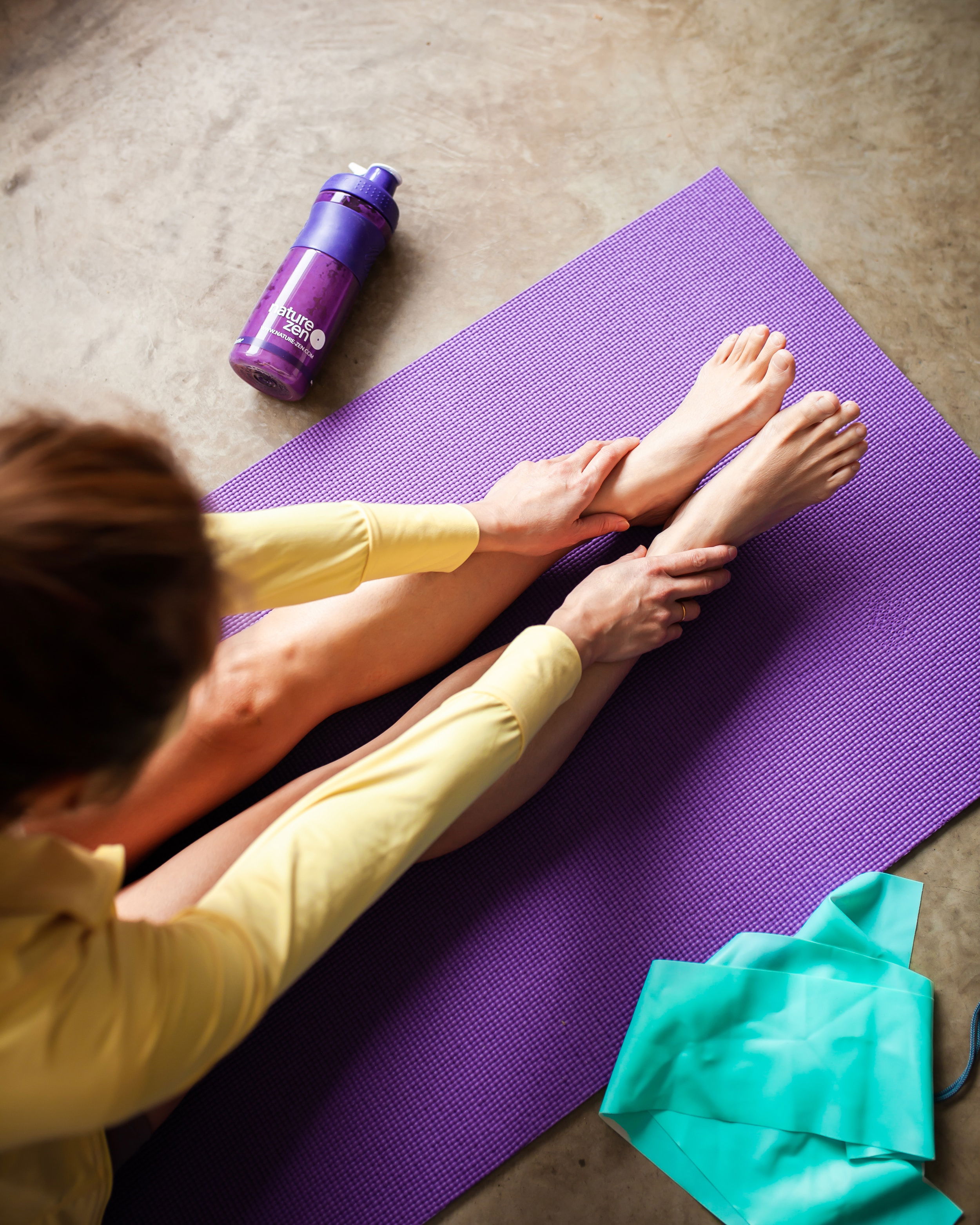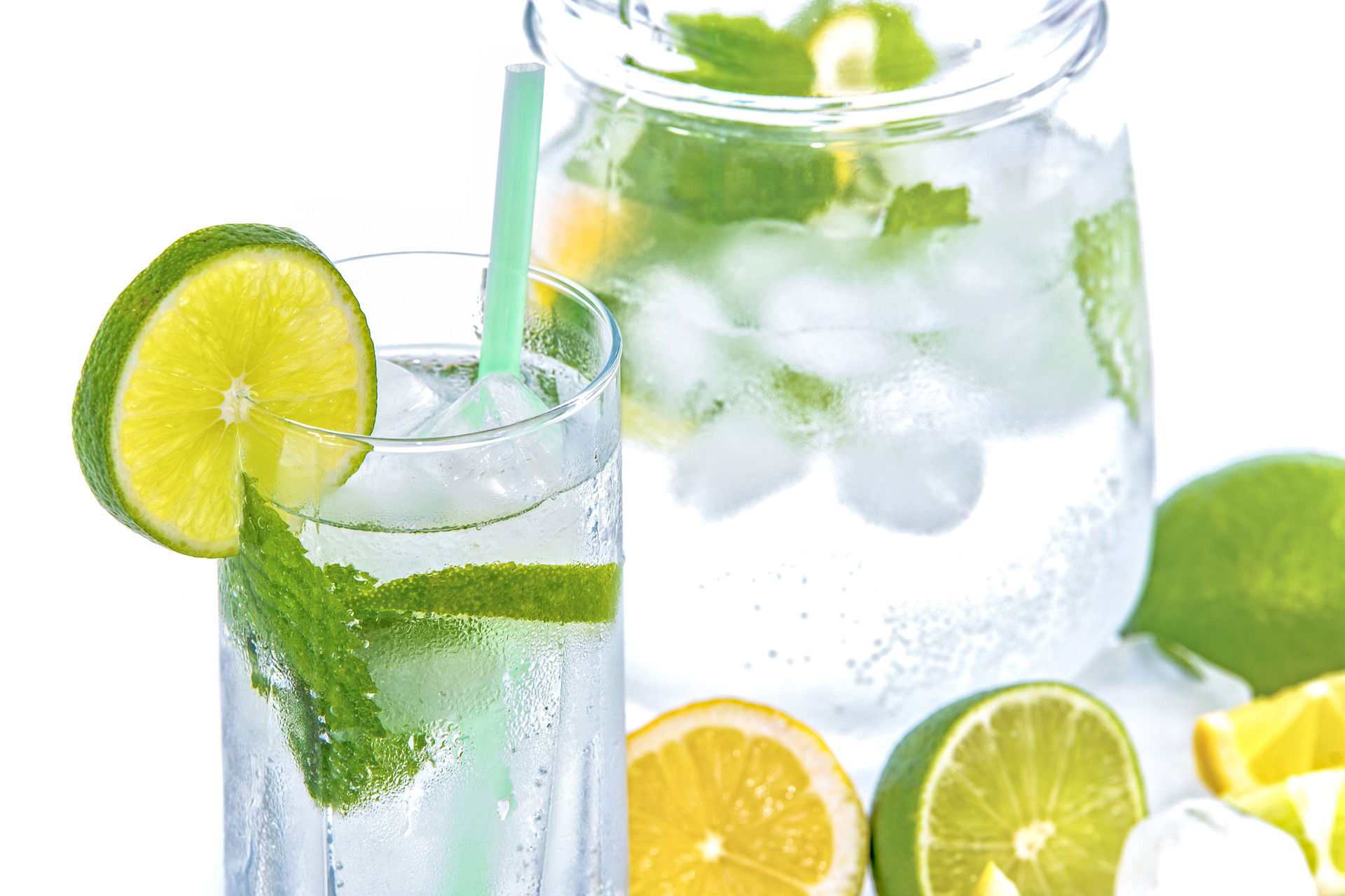Winning the Winter Months: how to stay healthy during cold/flu season
There are a number of things we can be doing to stay healthy during the winter months as we retreat into our cozy homes and fuzzy socks. This time of year can be faced with challenges of seasonal affective disorder from lack of sun, and increased waist lines from the candy cane ice cream and hot chocolate. One of our main concerns during this time of year is our immune system. Since the pandemic there have been a number of supplements that have become extremely popular to help boost the immune system’s function, but today we’re going back to the basics. Here are some helpful diet and lifestyle activities to consider to help your body ward off infection and stay strong during the winter months.

Eat more produce
We know that there are certain micronutrients that can boost our immune system and help us fend off viruses. The key players are Vitamins A, C, E, and the B vitamins especially B6. Many of these micronutrients are found in abundant amounts in fresh fruits and vegetables. According to the CDC only about 10% of Americans consume an adequate number of fruits and vegetables in their diet. By consuming a higher number of fruits and vegetables at this time not only will we stock up on valuable micronutrients to fight infection, but it may also lead to other positive health effects linked with an increase of fruits and vegetables such as decreased weight, better digestion and improved overall health.

Move your body
It is well documented that consistent moderate intensity exercise can help the immune system fight pathogens. While staying at home, exercise is a powerful weapon to fight against viruses and other pathogens. The question is what exactly is moderate intensity exercise? This could include walking at least 4 km per hour, dancing, wrestling with your kids, and jumping rope. The American Heart Association recommends 30 minutes of moderate intensity exercise a week which is about 30 minutes 5 days a week.

Hydration, hydration, hydration
How could drinking water help with your immunity? When it comes to our body's functions the name of the game is circulation. The two best things that help our circulation are exercise and water. Water carries blood throughout our bodies and blood carries oxygen. By drinking more water, we provide much needed oxygen to our cells. Oxygen is used by our immune system to create antioxidants that kill bacteria and viruses. Water also helps in removing these bacteria and viruses from our body. Water also helps circulate lymph. Lymph is how our white blood cells travel throughout our body. When lymph circulates, our body gets immune support. Did you know our mouth is where a good portion of bacteria hang out in our body? Water keeps our mouth and eyes moist which makes it harder for these pathogens to take over in our body (flossing helps too). Water is also key in the production of serotonin and melatonin which can improve our mood and sleep. Now that we are all fired up to drink water, how much should we drink? A common rule of thumb is to drink about half your body weight in ounces. If you weigh 160 pounds you would need to drink 80 ounces a day, which is about 5 bottles of water. This may sound overwhelming but my advice would be to drink 1 more cup a day than what you normally drink this week and to add a cup a day each week until you reach your goal. If you are feeling enthusiastic don’t go overboard with the water. Your kidneys can only process 0.8 to 1 liter of water an hour. If you drink more than that you could experience water intoxication. Try to space your water intake out over the course of the day.

Limit some things
You may think this may be a great time to chill, enjoy some comfort food like a tub of ice cream, order in from your favorite fast-food restaurant, and have a Zoom happy hour with your friends. However, I would caution that now more than ever is the time to be disciplined and not give in to some of our vices. There are a few things that have been shown to weaken the immune system when taken in high amounts. Among them are sugar, salt and alcohol. When you consume large amounts of sugar your body has to use precious vitamins and minerals to process all that sugar. That means that these vitamins and minerals cannot be used to fight infection. If you make a habit of consuming sugar in large amounts on a regular basis you could decrease the effectiveness of your immune system. As discussed earlier in this article, your body uses nutrients to fight infection, which would mean you need an abundance of nutrients to give you the best chance of fighting infection. With that being said, it would be best to consume foods with a high amount of nutrients and stay away from food that provide little to no nutrients. Many of these foods would be described as “junk food” or food that has “empty calories”. Examples of these foods would be cookies, candy, ice cream, cake, chips, fast food, or just about anything you find on the shelf of a grocery store that is processed. Studies have also shown that consuming alcohol in large amounts can weaken the immune system. Nicotine has also been shown to have a deleterious effect on the immune system.

Rest is best
Your immune system is very busy while you sleep. When sleeping it gives your body a chance to focus on things such as healing and mounting an immune response because it has a million and one chores on its plate while you are awake. For optimal sleep it is best to get 7 to 8 hours a night, preferably falling asleep between 8-10 PM. For some helpful tips on how to prepare your body for a restful night’s sleep, check out Dr. Coleman’s Sleep Hygiene handout below.
If you need more advice on how to support your immune system with high quality, reputable supplements, Dr. Coleman is offering an Immune Support package with discounts on all the supplements you purchase. After a brief evaluation visit, you will receive the most beneficial botanical and/or nutraceutical recommendations to improve your immune response. For more information on how to book your Immune Support Evaluation visit appointment, click here.
Hopefully these tips keep you feeling great all through this winter season. By making some simple lifestyle changes we can really give our body the tools it needs to stay healthy and strong.